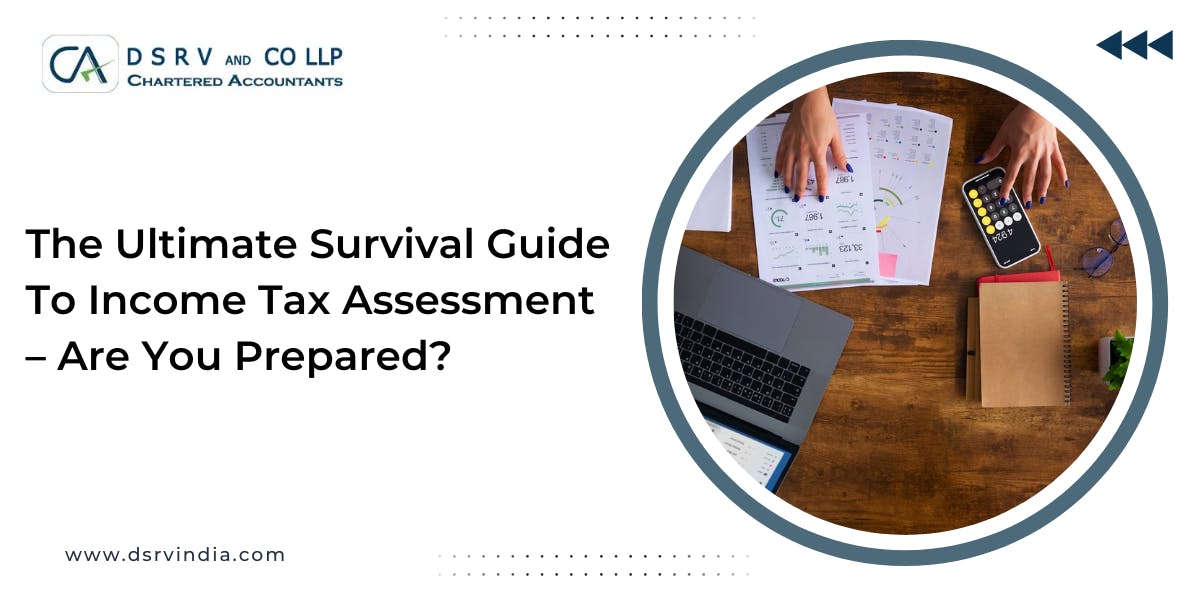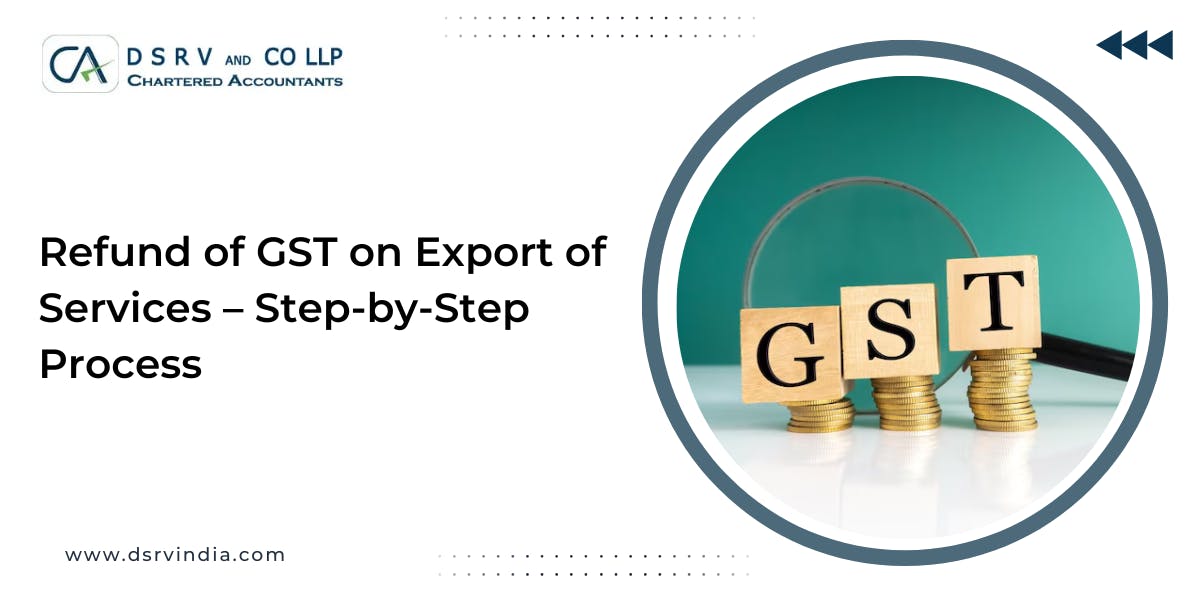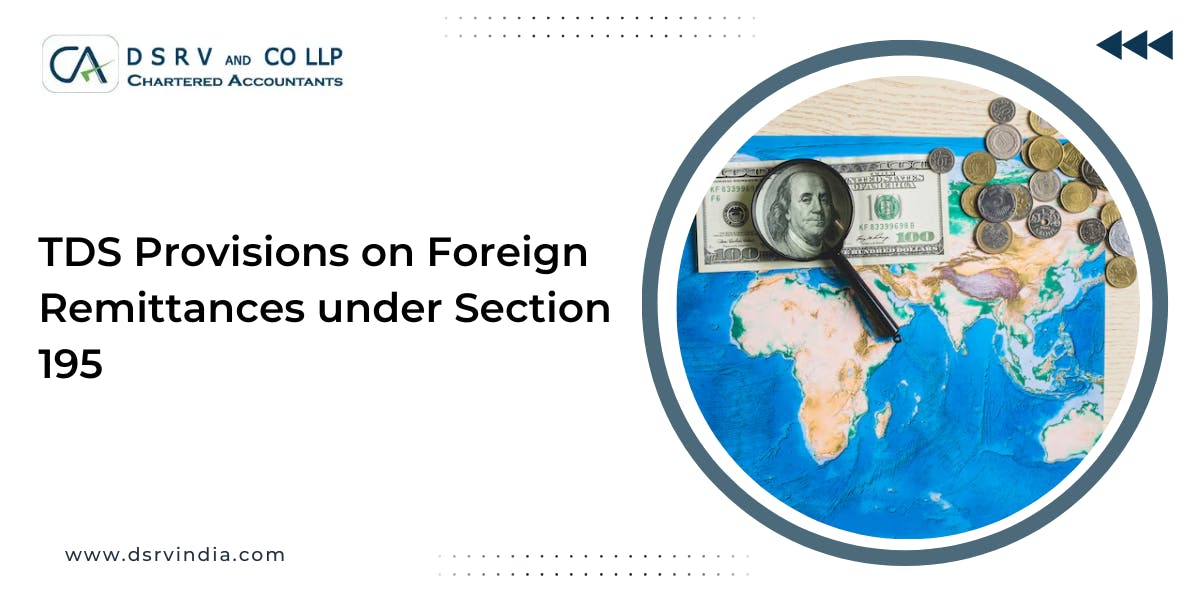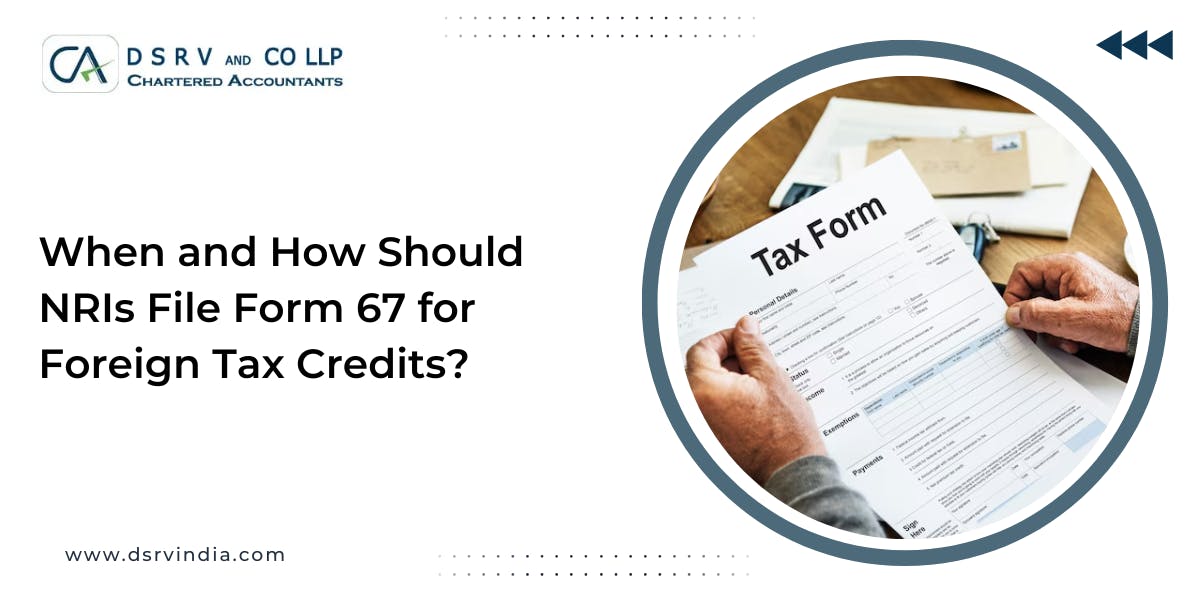Ever found yourself tangled in the web of income tax procedures? Asking yourself, 'Can this be simpler?
Absolutely! Welcome to a guide that turns tax confusion into clarity! This article based on a simple tax assessment procedure is your ticket to stress-free finances.
Our tax consultant in Gurgaon will lead you through the ABCs of taxes, share practical tips, and make sure you understand every step. There's no need for stress or confusion—just clarity and confidence in managing your financial duties.
Ready for a smoother financial ride? Let's dive in together!
Understanding Income Tax Assessment Like A Pro!
Income tax assessment is like taking a close look at your financial story for the year. It is an important process where the income tax returns submitted by individuals undergo thorough examination and evaluation by the tax authorities after each financial year.
Consider it a financial report card that helps the government in determining its share of your earnings. When you understand income tax assessment, you become aware of the rules and calculations involved in this process.
It's not just about what you earn but also about the deductions and exemptions you might be eligible for, which can affect the final amount you owe.
In India, tax return assessment follows a systematic framework outlined by the Income Tax Act.
This framework describes the exact actions and procedures that both individuals and the income tax department must follow to create a systematic approach to the assessment process.
If you are looking for stress-free taxation services, you can get in touch with DSRV India –one of the top CA firms in Gurgaon.
Must Read : Simplifying The Import And Export Laws And Procedures In India
Tax Assessment Procedure Under Income Tax Act 1961
The tax assessment procedure is categorized into the following types which are as follows –
Self Assessment Tax Return
Filing self assessment tax return under section 140A is like doing your own math homework for taxes. It's the part where you figure out if you owe any extra money to the tax department. First, you need to perform self assessment tax calculation and consider any losses or deductions.
If the total amount you owe in taxes exceeds the amount previously deducted from your earnings (known as TDS or advance tax), you must pay the difference before filing your tax return.
This extra payment is called self-assessment tax. It's like topping up the remaining amount to meet what you actually owe.
For example, if you gained money from selling something or earned income on which insufficient tax was initially deducted, you may owe extra. If you do not pay this additional amount before submitting your taxes, it may result in interest charges due to noncompliance with legal provisions.
Gain Insight On :OVERVIEW OF TAX LITIGATION IN INDIA BY DSRV INDIA
Summary Assessment
Summary assessment under section 143 (1) is similar to an automatic audit of your tax return with no human intervention. It allows the tax department to compare the information you gave in your tax return to what they already know.
During this tax assessment procedure, they make sure that everything on your return makes sense and is accurate. This evaluation occurs online, and the system immediately corrects any arithmetic errors or indicates issues such as incorrect claims.
For example, if you say you should get more credit for TDS (tax deducted at source) than what the department has on record for you, they might adjust it. If, after these adjustments, you owe more taxes, they'll send you a notice of assessment, and you'll need to respond accordingly.
Know The Benefits : Top Benefits Of Tax Planning And Why It Is Essentia
Scrutiny assessment
This income tax self assessment is also known as regular assessment. It is like a careful check-up of your tax return conducted by a tax officer after you've submitted it.
Consider it an additional degree of verification to ensure that everything is correct. When the tax department assigns an officer to scrutinize your return (notified through an Income Tax Notice under Section 143(2)), it's similar to a tax doctor wanting to take a closer look at your financial health.
The officer may request more details, documents, or financial records for a thorough examination. Just as a doctor diagnoses your health, the tax officer calculates the precise amount of tax you owe based on your income.
If the declared amount differs from the calculated amount, you may be required to pay extra or receive a refund. If you're not satisfied with the tax refund assessment, you can request a revaluation or submit a revision application.
Best judgment assessment
When a taxpayer fails to present required documentation or keep accurate records of their income, tax officials use best judgment evaluation. In such cases, the assessing officer relies on their professional judgment to estimate the tax liability.
This approach is only used when the taxpayer doesn't comply with requests for essential information.
The assessing officer must act fairly and within the parameters set by law. Specific cases stated under the Income Tax Act, such as failure to file a return, failure to respond to document submission notices, exceeding the limits imposed by the Central Board of Direct Taxes, or unsatisfactory paperwork, might trigger best judgment assessment.
It serves as a measure to ensure tax compliance even in situations where complete information is not readily available.
Protective Assessment
Protective assessment is like a precaution taken by tax authorities when they are unsure about how to assess a particular income.
If the tax officer is unsure about which person or company should be taxed for a certain income, he or she may assess it in more than one place as a precaution.
The idea is to protect the revenue's interests until a clear decision can be made at a higher level about who is genuinely liable to be assessed.
Once the uncertainty is resolved, the tax department can provide relief to the person or entity that shouldn't be doubly taxed.
Income escaping assessment
This tax credit assessment occurs when tax authorities suspect that certain taxable income was not included in the first assessment. It's a bit like checking your work twice to make sure you didn't miss anything.
The tax officer can do this if they have reasonable grounds to assume that something was overlooked. They can send you an income tax notice of assessment and reassess your income up to four years after the end of the relevant assessment year.
Reassessment may occur if you fail to file your return when you have taxable income, if you make mistakes on your return, such as not reporting all of your income, or if you fail to produce mandatory reports on international transactions.
This procedure might be quick for some individuals and difficult for others. If you find it difficult, seeking the assistance of a CA firm like DSRV India is a smart option.






